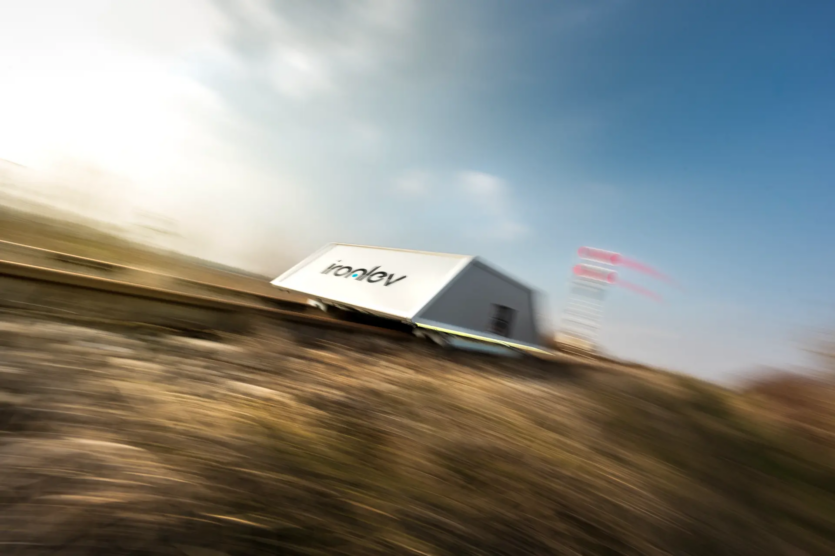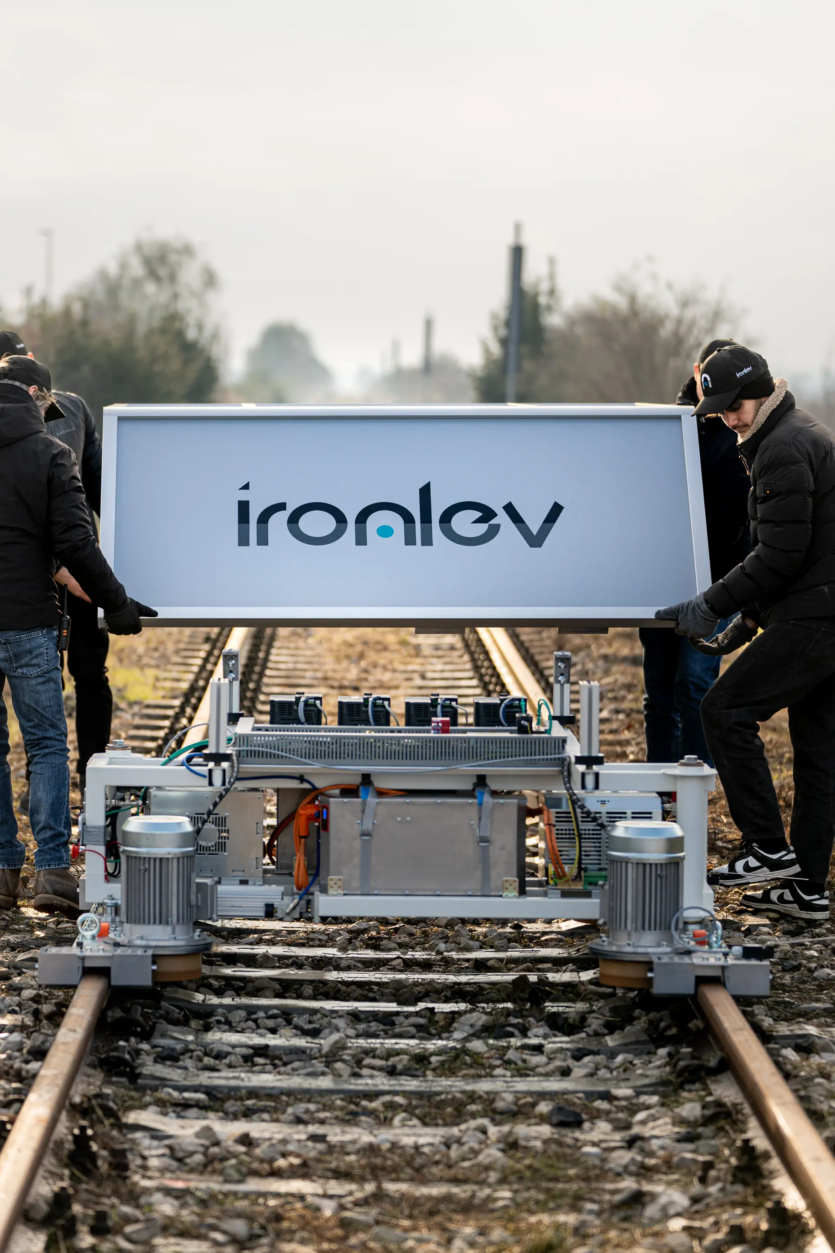
A maglev is a train on magnetic suspension, driven and controlled by magnetic forces, and unlike traditional rail transport, it does not touch the rail surface.
In the long term, such fast and quiet transportation systems look like a very attractive mobility option — but the infrastructure and setup can be quite expensive and complicated, so Italian startup IronLev has set out to eliminate this problem by using what is known as passive levitation of maglev on conventional railroad tracks.
Instead of using a large amount of energy to run the electromagnet-based magnetic cushion transportation system, the company used so-called passive magnetic forces to create a «air cushion that physically separates the vehicle from the track».


In the laboratory, U-shaped passive ferromagnetic levitation was tested even earlier: in 2018, the technology was demonstrated on a 2-ton Tesla electric car that seemed to move with a push of the hand.
«Thanks to the features of our technology and the low and speed-independent friction, we can move a 10-ton railcar with the same force required to lift a 22-pound backpack,» said Luca Cesaretti, co-founder of the company. «And we aim to reduce infrastructure costs by ten times compared to existing systems».
The idea is to utilize more than 1.5 million kilometers of existing iron tracks around the world for maglev technology in the future.
In the first attempt, the prototype was run on a 2-kilometer section of railroad track on the Adria-Mestre route in cooperation with the Italian region of Veneto. The maglev weighed a ton and managed to reach speeds of up to 70 km/h. The team did not disclose any details about the modernization of the prototype, but emphasizes that no modifications were made to the tracks.
Next, IronLev plans to test a 20-ton vehicle and increase the speed to 200 km/h.
IronLev was founded in 2017 as a joint venture between the Girotto Brevetti engineering innovation studio and Ales Tech, a startup created by students who developed the suspension system for the SpaceX Hyperloop competition.
Source: New Atlas



Spelling error report
The following text will be sent to our editors: